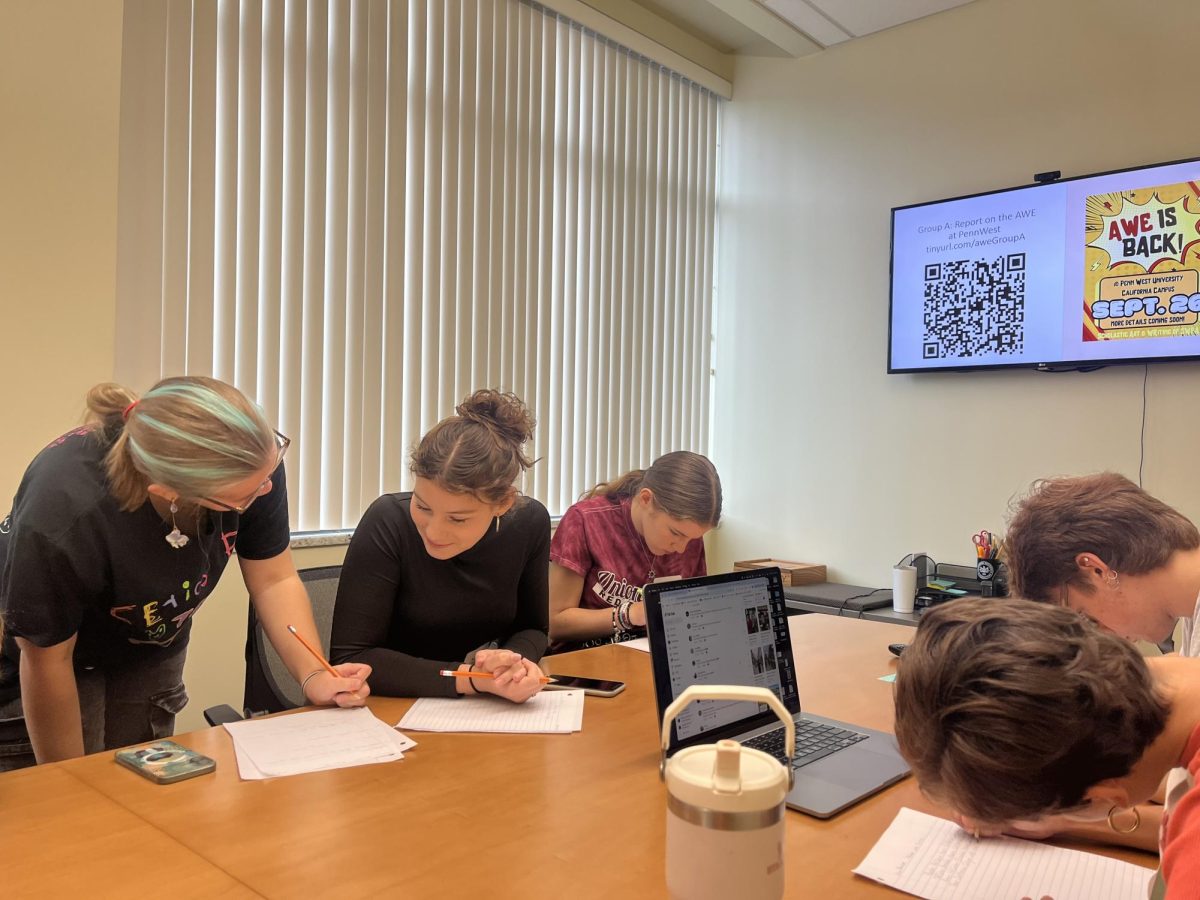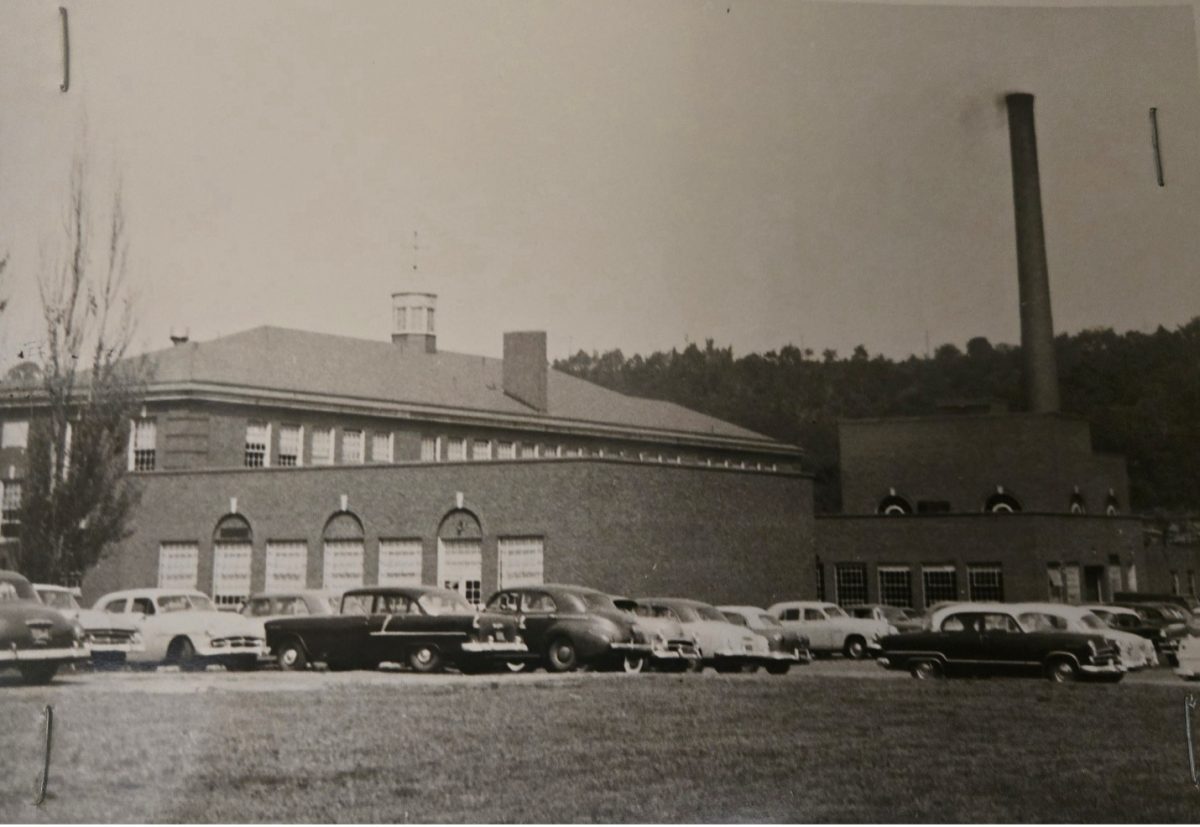Former President Donald Trump declared victory here in Pennsylvania, a key battleground in the presidential race. The Associated Press officially announced Trump’s win over Vice President Kamala Harris shortly before 2:30 a.m. Wednesday. The announcement confirmed his inevitable victory in the 2024 presidential election.
Trump won with 51% of the vote compared to Harris’s 48%, which amounts to a margin of around 194,000 votes. This outcome is a notable change from the previous election cycle, where Democratic candidates dominated the state.
Pennsylvania shifted dramatically since the 2020 election. Trump’s campaign regained support from key voter groups, including rural and suburban areas that previously favored Democrats.
Harris did win in Allegheny County, receiving 59% of the vote. However, her success in urban areas was not enough to offset Trump’s substantial victories in the surrounding counties. In Fayette and Greene counties, Trump secured over 68% of the vote and 62.5% here in Washington County.
The results reflect broader national trends, as Pennsylvania voters appear increasingly divided along geographical lines. Suburban voters, once a reliable source of Democratic support, are shifting loyalties. Trump connected with voters on issues like the economy and crime, particularly in areas that have faced economic challenges recently.
Harris’s campaign focused on mobilizing voters in urban areas, stressing issues like equity and women’s rights. However, despite targeted efforts, including numerous visits and rallies in key cities, the results indicate that her message did not translate into electoral gains.
Trump’s victory in Pennsylvania suggests potential pathways to reclaiming other traditionally Democratic areas. The results could encourage GOP candidates nationwide to adopt similar strategies that resonate with local voters’ concerns.
For the Democratic Party, the loss in Pennsylvania serves as a wake-up call, suggesting the need for a reevaluation of its outreach efforts, particularly among suburban and rural populations. Relying solely on urban areas for electoral victories may no longer suffice.
As both parties reflect on the implications of this election, the focus will shift to mobilizing support and delivering messages that resonate with the diverse electorate. The lessons learned from this election will undoubtedly affect strategies as candidates prepare for future elections.
A group of election experts will discuss what happened in the recent election and why at the American Democracy Project’s Dr. Melanie Blumberg Election Analysis Forum on Tuesday, Nov. 12, at 7 p.m. in Eberly 110 (California Campus). KDKA Senior Politics Editor Jon Delano will host the event, which is free and open to the public and will feature Q&A sessions with Dr. Alan Abramowitz, Lou Jacobson, Curtis Edmonds, and Dr. Amber Gaffney. The program will also be available on Zoom.













